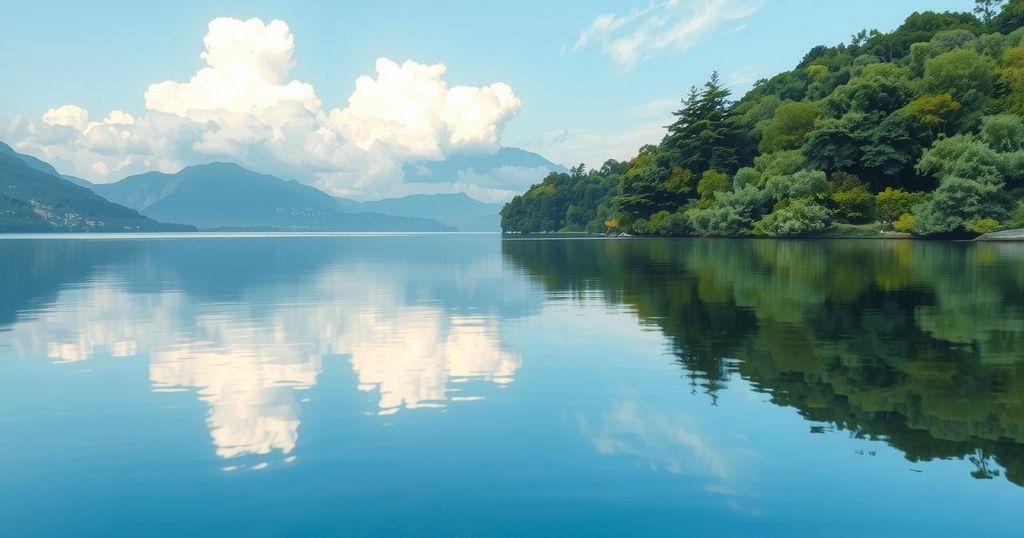Fishing Ban at Lake Chivero Continues Amid Investigations Into Ecological Disaster
The fishing ban at Lake Chivero remains in effect due to ongoing investigations into fish and wildlife deaths caused by water contamination. Environmentalists have linked the pollution to industrial discharges. ZimParks reports improvements in aquatic conditions but emphasizes the need for continued restrictions. Research on biological remediation techniques is also underway to rehabilitate the affected areas of the lake.
The Zimbabwe Parks and Wildlife Management Authority (ZimParks) has confirmed that the ban on fishing at Lake Chivero will continue until the ongoing investigations conclude. This decision follows a previous fishing ban in December launched by the government after significant wildlife fatalities occurred due to the contamination of the lake’s water.
The environmental crisis resulted in the deaths of four white rhinos, three zebras, several wildebeests, four fish eagles, livestock, and an extensive number of fish. Environmentalists have attributed this catastrophe to the discharge of untreated industrial waste and effluent from urban households into the lake.
Despite the improved aquatic conditions observed due to beneficial rains, as noted by ZimParks spokesman Mr. Tinashe Farawo, the fishing prohibition remains in force.
The authorities await the conclusions from new tests conducted by a special committee established for this purpose. The lake faces ongoing threats from heavy pollution, overfishing, and destructive fishing practices, causing irreversible damage to its ecosystems.
In addition to the fishing ban, efforts are underway to research biological remediation methods, such as utilizing effective microorganisms to help rehabilitate the degraded areas of Lake Chivero, which was originally constructed in 1952 to supply water to Harare.
In summary, the fishing ban at Lake Chivero remains enforced as investigations continue regarding the extensive wildlife deaths caused by water contamination. Environmentalists highlight industrial waste as a prime contributor to this ecological disaster. While recent rains show some improvement in environmental conditions, ZimParks emphasizes the necessity of maintaining the fishing prohibition until thorough testing validates safety. Meanwhile, studies on remediation methods are in progress to restore the affected aquatic ecosystems.
Original Source: allafrica.com




Post Comment